In the last few weeks, members and a PhD Student from the Ageing and Dementia Research Centre (ADRC) have attended the latest dementia conferences and an awards ceremony.
28th Alzheimer Europe Conference, Barcelona (Spain)
Prof Jane Murphy, Dr Michele Board and Yolanda Barrado-Martín attended the 28th Alzheimer Europe Conference (29th to 31st October 2018). Jane presented a paper on her nutrition research ‘Innovative training to improve nutrition and hydration in people living with dementia’. Dr Michele Board presented a poster ‘Evaluating the impact of the virtual reality app “A walk through dementia” on students learning and practice’ centred on her research funded by Alzheimer’s Research UK. Whilst Yolanda presented a poster ‘What are the views of people living with dementia and their informal carers getting involved in Tai Chi?’ based on the findings from her PhD project which forms part of the TACIT Trial.

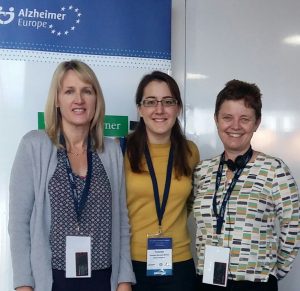

During the conference, over 800 international researchers met in Barcelona to learn about research, policy and practice around the theme ‘Making dementia a European priority’. Amongst the attendees to the conference, there were also people living with dementia and their carers who took the floor in different sessions. The main aim of those living with dementia was that they want to be involved in decision making processes in their day-to-day life and care, including their participation in research (i.e., advocating for co-creation approaches). Specific themes of the conference covered policies, care approaches and services for people living with dementia and their carers, as well as their rights in our society, and strategies to prevent and treat dementia.
13th Annual UK Dementia Congress, Brighton
Prof Jane Murphy, Dr Michele Board, Dr Michelle Heward and Dr Ben Hicks attended the 13th Annual Dementia Congress (6th and 8th November 2018). Dr Michelle Heward presented a poster on the ‘implementation and evaluation of the Dementia Education And Learning Through Simulation 2 (DEALTS 2) programme’ a project funded by Heath Education England (HEE) to develop and evaluate an education toolkit for acute care settings. During the first plenary session, Minister of State for the Department of Health and Social Care Caroline Dinenage MP highlighted that “staff training for dementia is increasing with programmes like DEALTS 2”. As part of the dissemination funding for the DEALTS 2 programme, Michelle and Jane were also invited to talk to conference attendees visiting the HEE stand about the programme evaluation. Dr Michele Board presented her research funded by Alzheimer’s Research UK in a paper ‘Evaluating the impact of the Virtual Reality app ‘A Walk-Through Dementia’ on year one health care students’ clinical practice’. Dr Ben Hicks presented a paper ‘Game Plan: promoting gaming technology amongst dementia practitioners’ based on his European funded research.
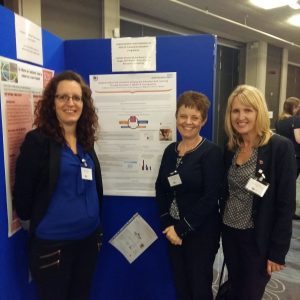



The annual conference attracts practitioners, academics and people with dementia and carers to discuss the latest innovations and research in the dementia field. The motion this year was ‘the right to services is more important that disability rights for people with dementia’ and stimulated a dynamic exchange of opinions during the many plenaries, parallel sessions and workshops
9th National Dementia Care Awards 2018, Brighton
Following the Dementia Congress, on the 8th November Dr Michelle Heward and Dr Michele Board were invited to represent the DEALTS 2 team at the National Dementia Care Awards, following the programme being shortlisted for the Best Dementia Care Award. The evening was full of glitz and glamour with the dress code ‘black tie’. Following a three course meal, finalists and the winners of the 14 categories were announced and celebrated. We had a fantastic night celebrating the hard work and dedication of so many individuals and teams from the dementia field, and although we did not win the category, we were delighted to be shortlisted for this prestigious national award.

Attendance at these events was a great opportunity to showcase some of the current research projects being undertaken by the ADRC team, hear the views of those living with dementia and their carers, and network with practitioners and researchers in the dementia field.





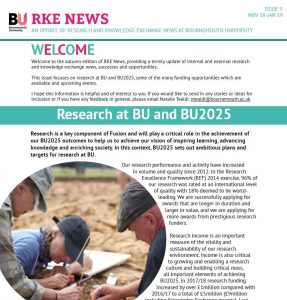

 ended these events before I strongly believe that these are very helpful with lots of relevant resources.
ended these events before I strongly believe that these are very helpful with lots of relevant resources.








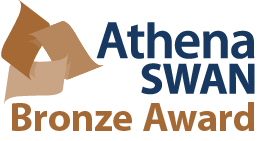 Here is the latest BU SWAN newsletter containing a summary of the information, activities and progress related to gender equality and SWAN work at BU from July to October 2018 . This includes information about the Department of Media Production’s Bronze SWAN Award, the work being undertaken to develop a BU Menopause Policy, and information about our high-profile research-active women in STEMM (celebrated as part of Ada Lovelace Day).
Here is the latest BU SWAN newsletter containing a summary of the information, activities and progress related to gender equality and SWAN work at BU from July to October 2018 . This includes information about the Department of Media Production’s Bronze SWAN Award, the work being undertaken to develop a BU Menopause Policy, and information about our high-profile research-active women in STEMM (celebrated as part of Ada Lovelace Day).
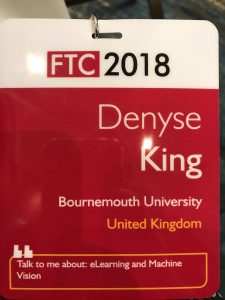
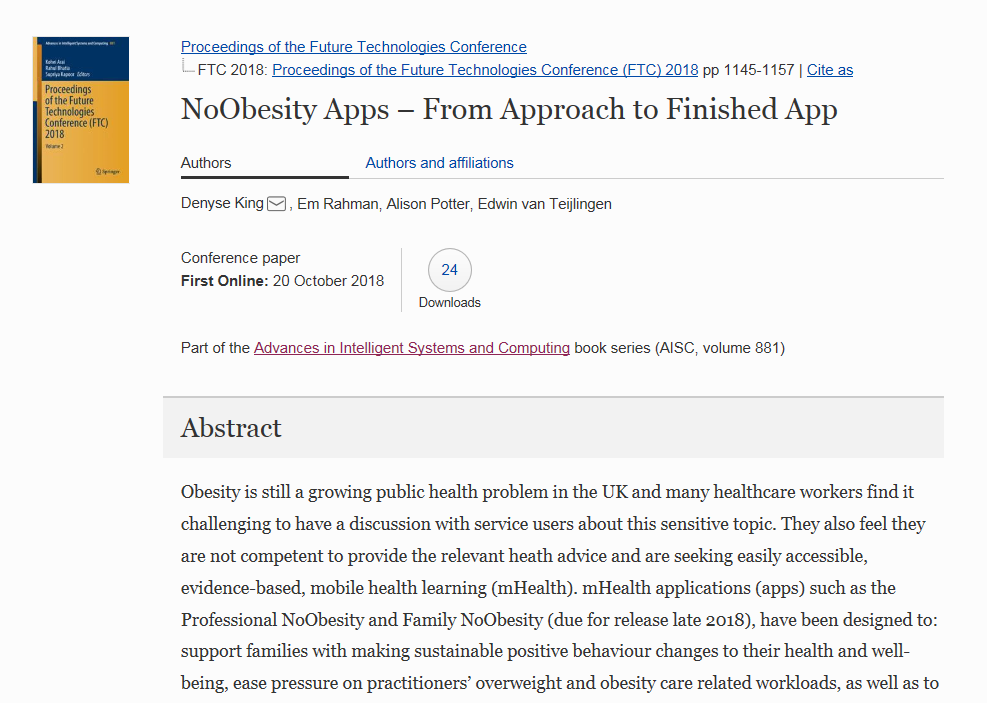












 Bournemouth University psychologists publish new book
Bournemouth University psychologists publish new book Connecting Research with Practice: FoodMAPP Secondment in Austria and France
Connecting Research with Practice: FoodMAPP Secondment in Austria and France Health promotion paper read 8,000 times
Health promotion paper read 8,000 times The Beautiful Work Challenge: On Birth
The Beautiful Work Challenge: On Birth Free event on Solutions to Inequalities in Dementia Diagnosis and Care
Free event on Solutions to Inequalities in Dementia Diagnosis and Care MSCA Postdoctoral Fellowships 2025 Call
MSCA Postdoctoral Fellowships 2025 Call ERC Advanced Grant 2025 Webinar
ERC Advanced Grant 2025 Webinar Horizon Europe Work Programme 2025 Published
Horizon Europe Work Programme 2025 Published Horizon Europe 2025 Work Programme pre-Published
Horizon Europe 2025 Work Programme pre-Published Update on UKRO services
Update on UKRO services European research project exploring use of ‘virtual twins’ to better manage metabolic associated fatty liver disease
European research project exploring use of ‘virtual twins’ to better manage metabolic associated fatty liver disease